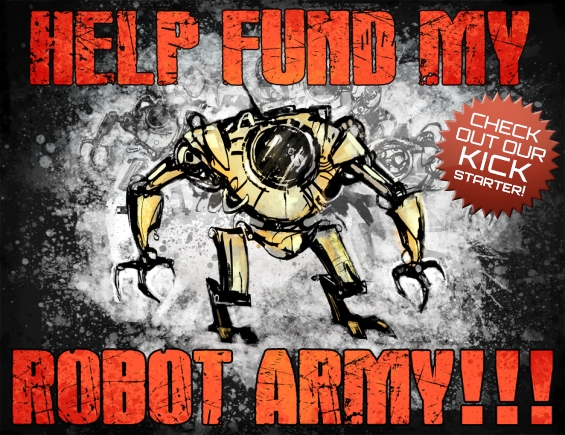In July 2013, I served as the “editor-in-residence” for the Codex Writing Group, which meant basically I was asking a month-long AMA (“Ask Me Anything”) interview. With Codex’s permission, I’m re-posting the Q&As here on my blog. The questions were all provided by members of Codex.
***
Do you keep a “Black List” of authors you won’t buy stories from? If so, what does it take to get on it? Exactly how far does the Editorial Cabal stretch? Do you all share a single Black List in Google Drive, or do you keep your own?
No, no black list! (But please don’t let that encourage you to be an A-hole to me because you know I won’t black list you for it.)
For example, though, there was an author who railed pretty hard against one of the stories I published in Lightspeed–publicly, in the comments–and this is a guy who has published in places like F&SF (not sure where else off the top of my head). Not a name you’d probably recognize, but clearly someone who has made some inroads at publishing. And when I say “rail against a story,” I mean RAIL–he was in full-on troll mode, calling, in numerous posts, both the author an idiot for writing it and me an idiot for publishing it. Shortly after that happened, he submitted a story to Lightspeed.
A lot of people would be tempted to put someone like that on a black list, but I don’t believe in that. In fact, when this guy has submitted stories to me since then, I’ve actually gone out of my way to make sure that I was being fair. In one case, I remember, I had a couple different assistants/readers read the ms. to weigh in on it, just to confirm that it wasn’t just some lingering subconscious resentment on my part affecting my editorial decision.
I’ve never really heard about modern day, professional editors keeping black lists. Well, except I think Nick Mamatas may have banned people from submitting to Clarkesworld back when he was editor there, if they violated certain guidelines (like if they argued with a rejection letter). I guess that’s a black list. But I can’t think of anything else like that. Like when I was at F&SF, we had more than our fair share of troll-writers over the years, and Gordon, too, was always careful to not let personal stuff interfere with the editorial decision.
I mean, given I’ll publish stories by authors whose beliefs (political and otherwise) I vehemently disagree with — and I have, on several occasions — it seems silly to even consider refusing to work with someone because they were an asshole to me online, or they violated something in my guidelines. Because, really, what does any of that have to do with the story? As an editor, I feel like I have to separate the art from the artist. (At the same time, though, I respect a reader’s choice to NOT do that.)
***

From October 1 – October 31, I’ll be running a Kickstarter campaign for a new project called HELP FUND MY ROBOT ARMY!!!, an anthology of improbable, futuristic, magical, & alternate-world crowdfunding projects. Please check it out, consider backing it, and, if you’re so inclined, spread the word!
Read More



